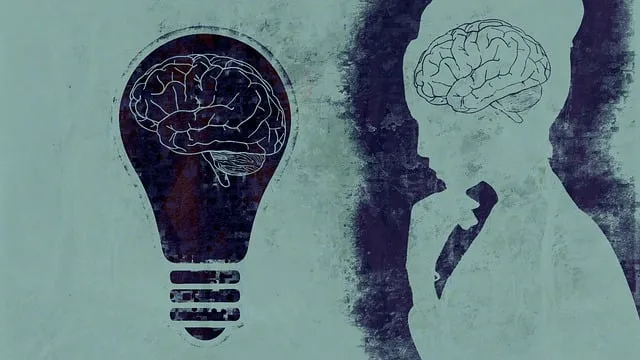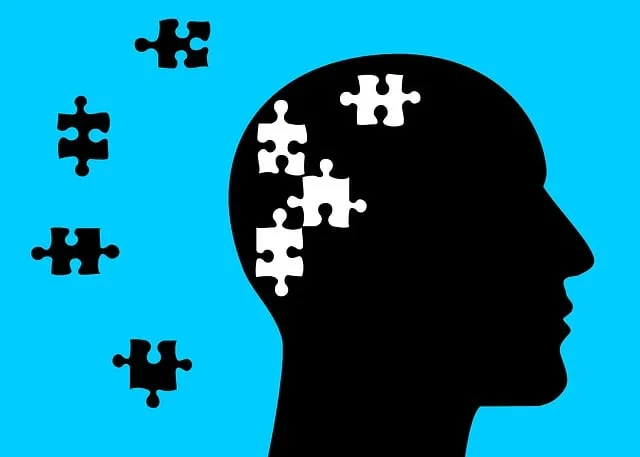Cultural competency in healthcare, particularly within the diverse US population, is crucial, as evidenced by Kaiser Permanente's commitment in Lafayette. They offer Trauma Support Services tailored to various cultural contexts, enhancing patient satisfaction and outcomes. Through comprehensive training, crisis intervention guidance, and public awareness campaigns, Kaiser creates an inclusive environment for mental health therapy, addressing the specific needs of different communities. Their plans provide equitable access to quality care, with initiatives focused on advocacy, education, and interactive sessions, ensuring effective treatment for all patients in Lafayette, regardless of cultural background.
In today’s diverse healthcare landscape, cultural competency is no longer a nicety but a necessity. Understanding and respecting patients’ unique cultural backgrounds can significantly improve healthcare outcomes. This article explores how healthcare providers can enhance their cultural competency through training programs, examining real-world examples like Kaiser Permanente’s approach to mental health services. We also delve into Lafayette’s coverage for mental health therapy, highlighting effective strategies for navigating these crucial conversations.
- Understanding Cultural Competency in Healthcare: Why It Matters
- Kaiser Permanente's Approach to Mental Health Services
- Navigating Lafayette's Coverage for Mental Health Therapy
- Implementing Effective Training Programs for Cultural Competency
Understanding Cultural Competency in Healthcare: Why It Matters

Cultural competency in healthcare refers to the ability of providers to understand, appreciate, and effectively interact with patients from diverse cultural backgrounds. This involves recognizing and respecting differences in values, beliefs, and practices, and adapting care delivery to meet individual patient needs. In today’s diverse society, where one-third of Americans identify as people of color, ensuring cultural competency is not just a moral imperative but also essential for delivering quality healthcare. Studies show that culturally competent care improves patient satisfaction, adherence to treatment plans, and health outcomes.
For example, Lafayette residents seeking mental health therapy might consider Kaiser Permanente’s services, known for their commitment to cultural sensitivity. They offer Trauma Support Services tailored to address the unique needs of survivors from various cultural contexts. Building empathy and emotional intelligence are key strategies in this process. Healthcare providers equipped with these skills can create a safe space for patients to share their experiences, fostering open communication and facilitating more personalized treatment plans.
Kaiser Permanente's Approach to Mental Health Services

Kaiser Permanente, a renowned healthcare organization, has implemented a comprehensive approach to mental health services, ensuring that its members receive quality care tailored to their unique cultural needs. Their strategy includes a strong emphasis on Healthcare Provider Cultural Competency Training, equipping professionals with the skills to offer sensitive and effective support. This training is particularly valuable in diverse communities like Lafayette, where understanding local cultural contexts is essential for building trust and fostering open conversations about mental health.
By integrating Crisis Intervention Guidance into their programs, Kaiser Permanente is prepared to handle a range of mental health concerns, from everyday stress to more severe crises. They recognize that public awareness campaigns development plays a crucial role in reducing stigma and encouraging individuals to seek help. Through these initiatives, Kaiser Permanente aims to create an inclusive environment, ensuring that all members have access to the mental health therapy they need, regardless of their cultural background or location, including areas like Lafayette where specialized care might be sought after.
Navigating Lafayette's Coverage for Mental Health Therapy

In Lafayette, understanding healthcare coverage for mental health therapy is crucial. Kaiser, a prominent healthcare provider in this region, offers comprehensive plans that include support for various mental health services, including therapy and counseling. However, navigating these benefits can be complex. Many individuals seek clarity on what specific treatments are covered under their Kaiser policies, focusing particularly on mood management techniques as part of their mental health care.
This landscape is further enriched by initiatives in Mental Health Policy Analysis and Advocacy, where efforts are made to ensure equitable access to quality care. Additionally, Mental Health Education Programs Design plays a vital role in empowering both patients and healthcare providers with the knowledge to effectively utilize available resources. By delving into these aspects, individuals can better navigate their coverage, fostering a more inclusive and supportive environment for mental health therapy within the community.
Implementing Effective Training Programs for Cultural Competency

Implementing effective training programs for cultural competency is paramount in modern healthcare, especially as populations become increasingly diverse. Organizations like Kaiser Permanente, with its expansive reach, should prioritize these initiatives to ensure all patients receive care that respects and understands their unique cultural backgrounds. For instance, Lafayette, a city within Kaiser’s service area, benefits from training that delves into the specific mental health awareness needs of its varied communities.
These programs must go beyond surface-level sensitivity workshops. They should incorporate interactive sessions, case studies, and real-life scenarios to foster emotional healing processes. Public awareness campaigns development centered around cultural competency can further bridge gaps in understanding. By integrating these initiatives, healthcare providers can not only improve patient outcomes but also enhance the overall effectiveness of mental health therapy, as Kaiser Permanente aims to do for its Lafayette patients and beyond.
Cultural competency training is a game-changer in healthcare, ensuring providers can offer quality services to diverse patient populations. As discussed, understanding cultural nuances and addressing mental health disparities are paramount. Lafayette’s collaboration with Kaiser Permanente highlights the positive impact of such initiatives, demonstrating that comprehensive training programs can lead to improved patient outcomes. When it comes to mental health therapy coverage, Lafayette ensures its clients have access to necessary care, aligning with Kaiser’s approach, and fostering a more inclusive healthcare environment.






